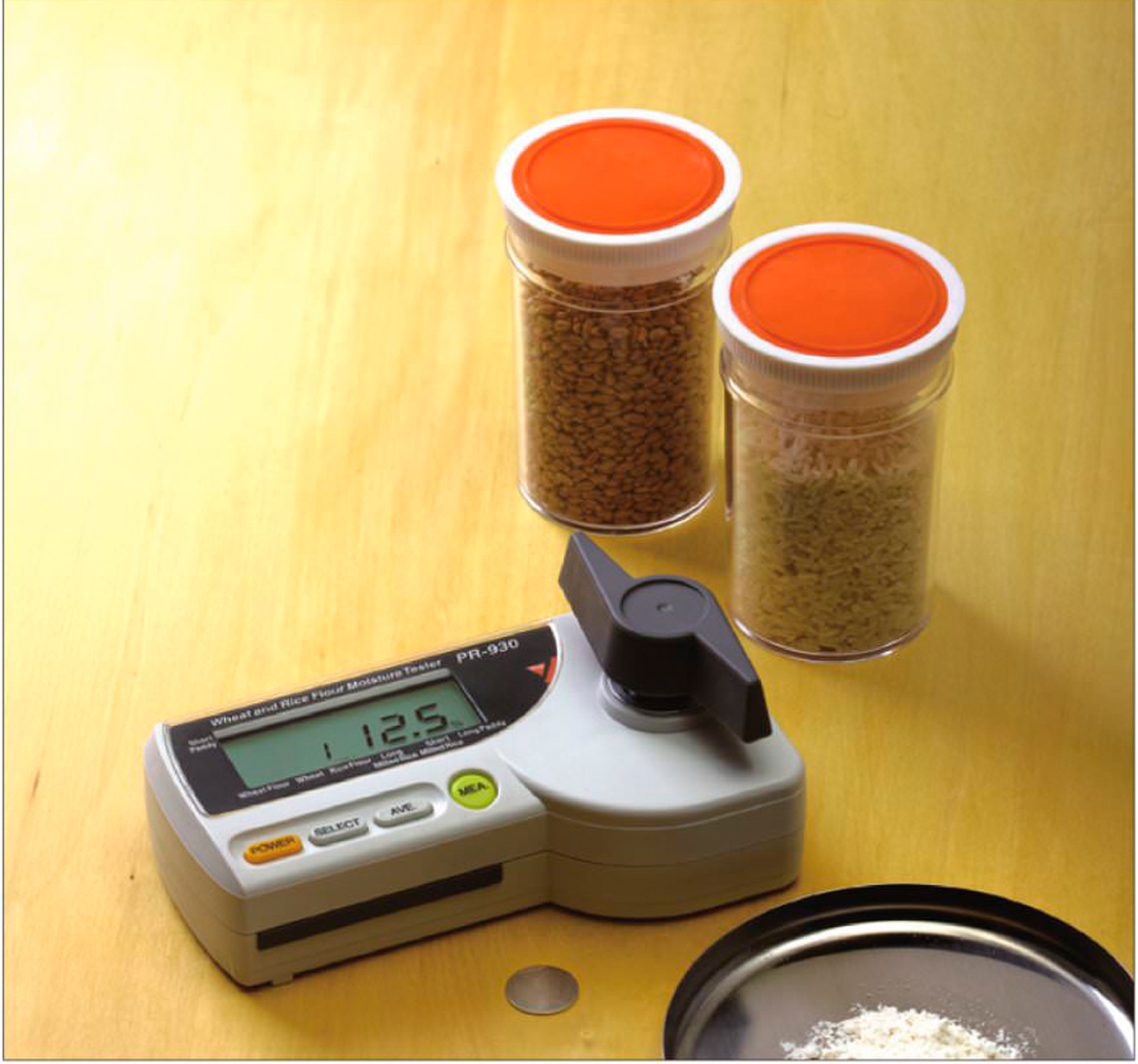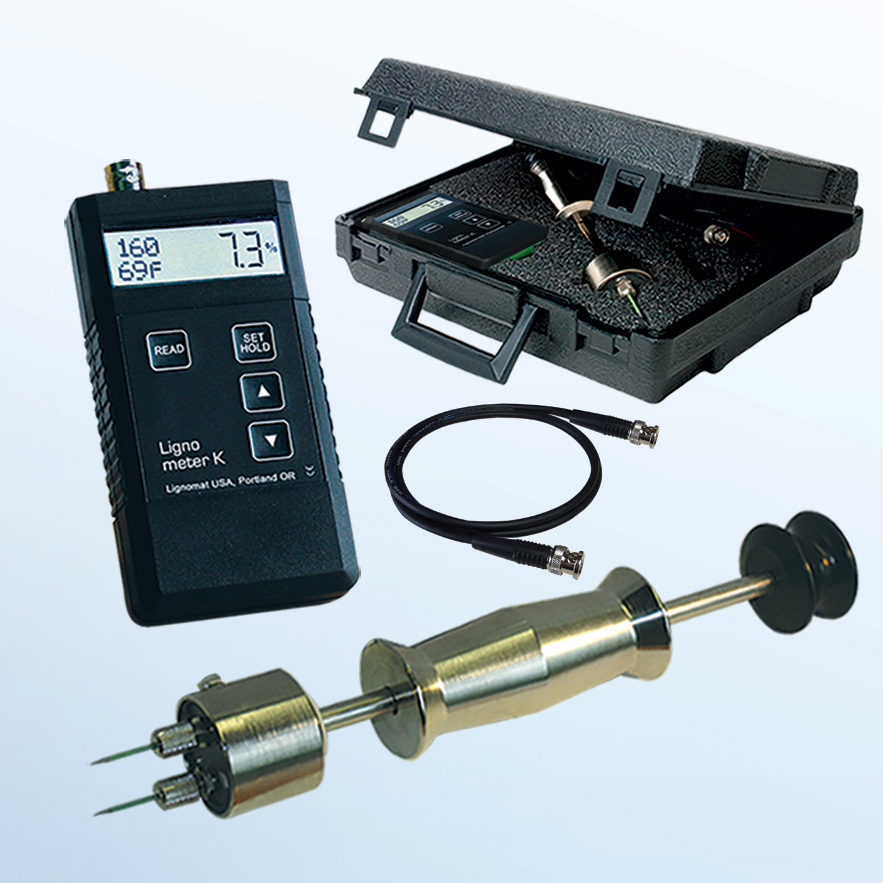The Ultimate Overview to Moisture Meters: A Comprehensive Summary and Exactly How They Can Save You Cash
In the realm of building upkeep, building and construction, and different markets, the importance of precisely measuring wetness levels can not be overstated. Wetness meters offer as crucial devices in identifying and keeping an eye on moisture web content in products, helping in avoiding costly problems and making sure the top quality of items. Comprehending the subtleties of various kinds of dampness meters, their applications, and the possible cost-saving advantages they provide can be a game-changer for experts and businesses alike. Uncovering how these tools can not only improve processes however also add to economic cost savings is a journey worth beginning on.
Kinds of Moisture Meters
One common type is the pin-type moisture meter, which gauges the electric resistance between 2 pins placed right into a product. Pinless dampness meters, on the other hand, usage electromagnetic sensing unit plates to scan a bigger area without creating damage to the product's surface area.
Infrared wetness meters gauge the thermal residential or commercial properties of a product to identify its moisture content non-invasively, making them useful for applications where pin or pinless meters may not be suitable. Understanding the different types of dampness meters readily available can help markets pick the most appropriate device for their certain dampness dimension requirements.

Benefits of Utilizing Moisture Meters

Furthermore, making use of moisture meters can lead to boosted power efficiency. In agricultural settings, wetness meters play an important role in maximizing plant returns by making it possible for farmers to keep an eye on soil moisture degrees and make notified watering choices.
Exactly How to Pick the Right Moisture Meter
Choosing the suitable moisture meter involves thinking about crucial aspects such as product compatibility, measurement range, and calibration accuracy. When choosing a dampness meter, it's necessary to guarantee that the meter is ideal for the specific material you will be screening. Different products have differing electrical buildings that can influence dampness analyses, so selecting a meter designed for your product is crucial for exact results. Furthermore, take into consideration the dimension series of the dampness meter. Guarantee that the meter can discover dampness degrees within the array needed for your applications. Calibration accuracy is an additional crucial aspect to remember (Moisture Meter). Choose a wetness meter with trusted calibration to ensure exact and regular analyses. Some meters may need regular calibration modifications, so recognizing the calibration process is vital. By carefully evaluating these aspects, you can select a dampness meter that fulfills your requirements and gives exact dampness dimensions for your projects.
Appropriate Methods for Moisture Meter Use
To ensure exact moisture analyses and maximize the effectiveness of a moisture meter, utilizing proper techniques is crucial. When click this site utilizing a pin-type dampness meter, place the pins or probes into the product being evaluated up until they make complete get in touch with. By complying with these proper techniques, users can depend on their wetness meter to provide trustworthy dampness degrees, helping in preventing costly damages or guaranteeing top quality in various applications.

Cost Cost Savings Via Moisture Meter Applications
Exactly how can the critical utilization of wetness meters lead to substantial cost financial savings throughout numerous sectors? In the farming sector, dampness meters help in determining the optimal time for gathering crops, stopping excess or over-drying dampness that can affect the final product's quality.

Additionally, in the food handling sector, wetness meters are crucial for keeping an eye on item quality and ensuring compliance with safety and security policies. By properly gauging dampness material in foodstuff, makers can avoid putridity, maintain freshness, and lower waste, causing substantial cost savings. Overall, the critical application of dampness meters is a useful investment that can lead to significant price decreases and boosted effectiveness across numerous sectors.
Final Thought
In verdict, moisture meters are useful tools for gauging and spotting wetness degrees in various materials. By using the appropriate moisture meter and adhering to appropriate methods, individuals can successfully prevent costly damages caused by excess moisture.
Wetness meters offer as indispensable tools in finding and monitoring moisture content in materials, assisting in preventing costly damages and guaranteeing the high quality of items. Infrared wetness meters determine the thermal homes of a product to determine its moisture content non-invasively, making them beneficial for applications where pin or pinless meters might not be ideal.Wetness meters use indispensable benefits in properly analyzing and checking dampness degrees in diverse materials and settings. In farming settings, moisture meters play an important role in optimizing plant returns by making it possible for farmers to keep an eye on dirt dampness address degrees and make notified irrigation choices.In verdict, wetness meters are useful tools for gauging and identifying wetness degrees in numerous materials.
Comments on “The Ultimate Guide to Choosing the Right Moisture Meter for Your Needs”